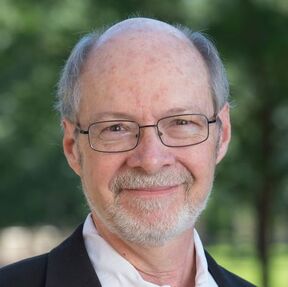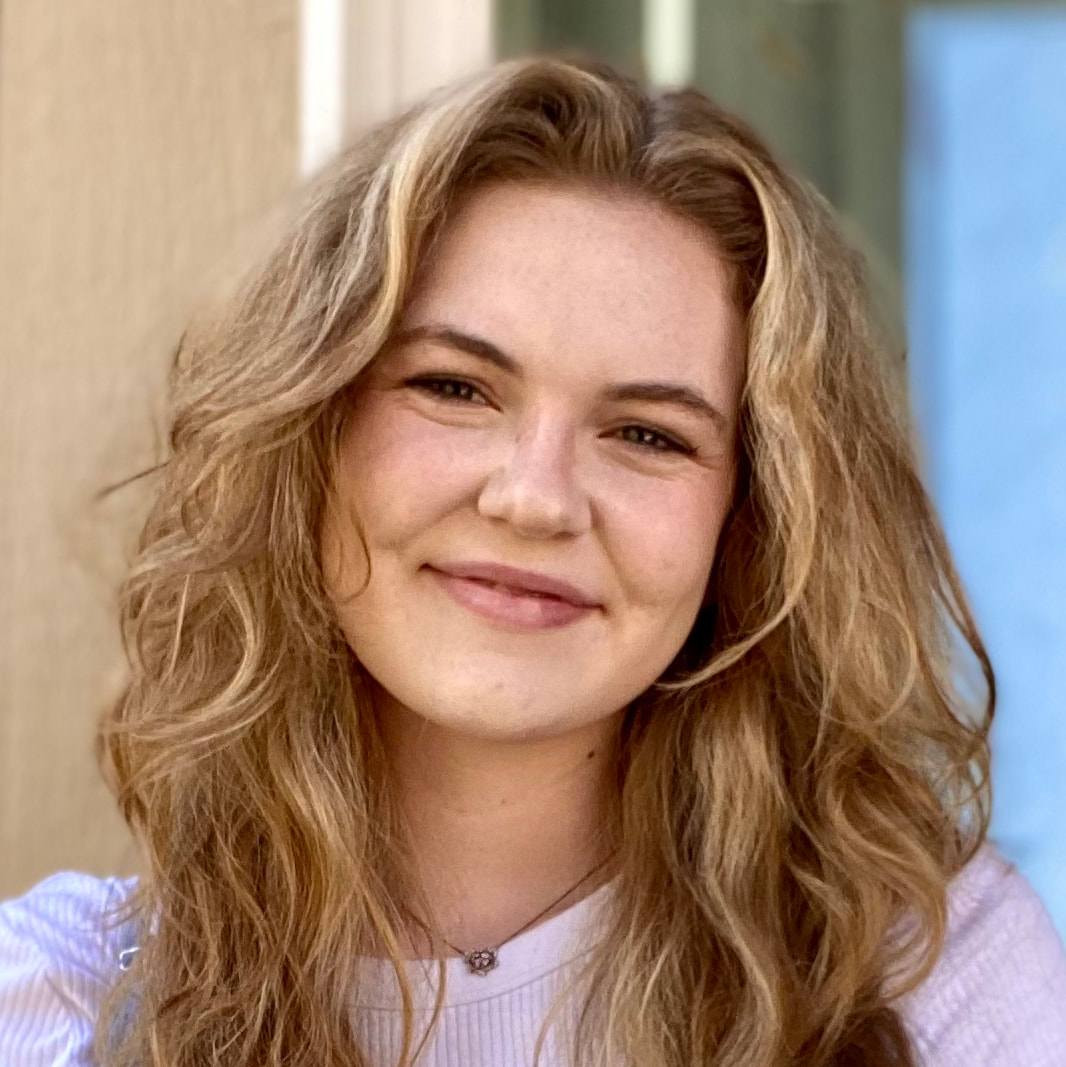 I was brought up in a Reformed Church in America (same denomination as our Visiting Scholar Wes Granberg-Michaelson) church and family in the Chicago area in the 1950s. The RCA is part of the John Calvin-inspired “reformed” wing of the Protestant Reformation, as were the church reformers (and revolutionaries!) in England and Scotland in the late sixteenth and early-mid seventeenth centuries. Some of those dissidents would come to New England in the 1630s and form congregations, and we at Plymouth trace part of our lineage to the “congregationalism” of those emigrants. Since then, Congregationalism has “gentled” its Calvinist heritage, particularly around the doctrine of original sin and, especially in our own time, has tended to stress the belief that we are “made in God’s image,” a rather different emphasis than “all have sinned and fallen short of the glory of God.” In my life, I’ve wrestled with these two tendencies: the sense of human limitation (including and especially my own) and the sense of human possibility. I see them now not as polar opposites, but as parts of our same complicated selves. What is true of individuals, I think, is also true of groups and organizations: always limited, often falling short, always full of possibility to do and be better. I think this has been especially true of Plymouth during this pandemic year of 2021. During this year, as I’ve served as Plymouth’s moderator and chair of the Leadership Council, I’ve gained some new insights into how we “work” as a church community. In particular, I want to share the insights I’ve gained from our Strategic Plan and from our summer consultations. I said this from the lectern a few months ago and I want to reiterate it here: in my years in academia, I’ve seen strategic plans come and go, plans full of lofty and vague language, unattainable (or obvious) goals, destined to be stored in binders on some closet shelf, never to be seen again. But I am convinced that this plan is different: it is the product of a team diverse in its age, experience, and outlook; it is ambitious; it is challenging; and, if we really embrace it, it is transformational. I hope you will participate in an upcoming “congregational conversation” on the plan, soon to be announced. The Strategic Plan unfolded in a summer of “consultations,” so now something about them: Leadership Council asked John Wimberly, our consultant for the Plan, to extend his assignment into the summer to include working with us on staff redesign based on the goals of the Plan. John offered some great insights into “right-sizing” Plymouth’s staff for the future. Among other things, he reminded us of the “great shift” in demographics that Plymouth and all vital churches face as generations grow up, age, and grow old. What will that mean for Plymouth’s program, staff, and outreach? And he reminded us of our location amid college and university communities. What should be our welcoming mission to faculty, staff, and students at our local institutions? Like John Wimberly, the staff of the Lombard Mennonite Peace Center held focus groups of members of the congregation, and both shared their insights with Leadership Council and from me with all of you. There we learned about some things we were doing well as a community and as individuals, and some things we were not doing well. Taking “loving criticism” is difficult, sometimes, under any circumstances, but the pandemic/social isolation circumstances this year have been particularly difficult. All of us, especially on the receiving end of criticism, pondered the words of the participants, took them to heart where possible, and have been working on ways to improve Plymouth’s channels of communication. You’ll see some of these unfolding in the next weeks and months: they include a periodic “Did You Know?” column in the Overview and Sunday bulletin, and periodic “Meet the Mods” informal chat-time with moderators and clergy between and after services. Finally: I want to say “thank you” to members of Leadership Council. It has been a ceaselessly busy, occasionally tumultuous, productive year. To borrow Brooklyn McBride’s language, it’s been like drinking from a fire hose! Up next: the 2022 budget! Bruce Ronda, Moderator AuthorBruce Ronda is Plymouth’s moderator for 2021. Before joining Plymouth in 2010, he attended First Congregational Church in Boulder, Boulder Mennonite Fellowship, Fort Collins Mennonite Fellowship, and the Fort Collins Friends Meeting. Please welcome Plymouth's new Director of Christian Formation for Children and Youth, Brooklyn McBride! Brooklyn, a native of Fort Collins, is a graduate of CSU with a BA in Journalism and Media Communication. She is currently pursuing her Master of Divinity degree in the online program of Fuller Theological Seminary in Pasadena, CA. Brooklyn brings to Plymouth experience in youth ministry and family ministries development along with her work experience in media, communications, and drama. She also brings her guitar and experience in worship leadership. Brooklyn was outstanding among the candidates we interviewed, not only for her intellect, her great love of learning and her organization/planning gifts, but even more for her love of people, particularly those on the margins, such as LGBTQ+ youth, and her love for the gospel of Jesus Christ. As you get to know her, you will find that she is bubbly and fun as well as extremely thoughtful and an excellent listener. Brooklyn is married to Michael McBride, an apprentice electrician here in Fort Collins. They have two dogs, Diego, their big, lovable German shepherd mix and Teddy, their 8 week old, Briard-doodle puppy. Please join the Christian Formation Board and Search Team in welcoming Brooklyn to Plymouth on Sunday, Sept. 19 after services. Hal Chorpenning, Sr. Minister
Bruce Ronda, Leadership Council Moderator |
Details
|

 RSS Feed
RSS Feed